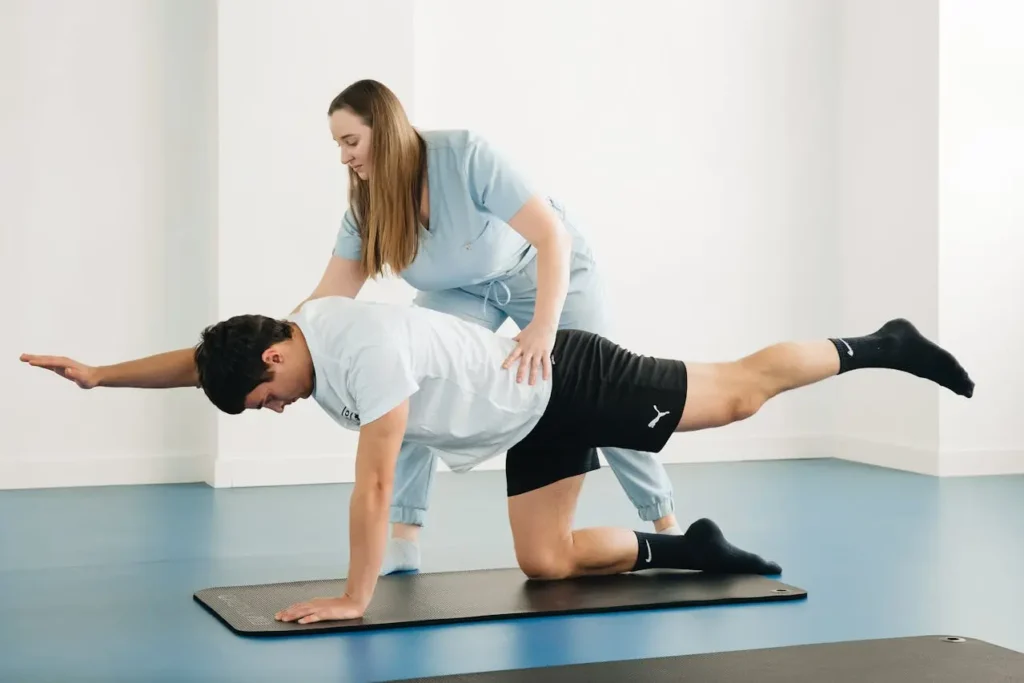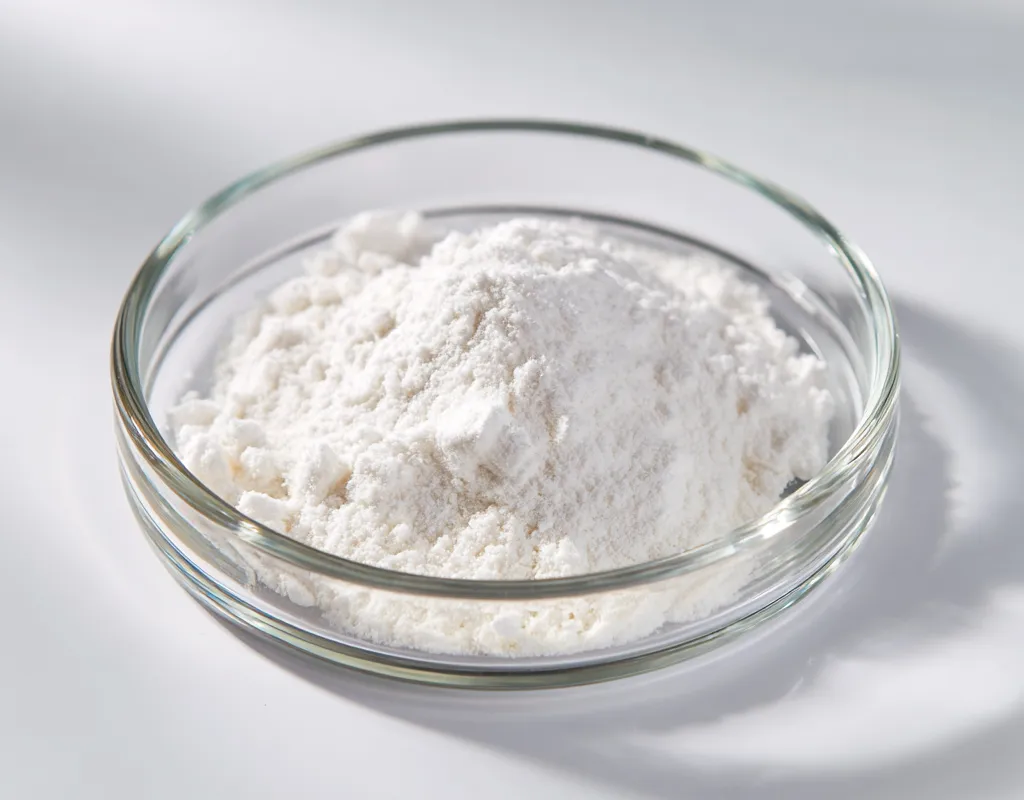After an intense game, the recovery process is just as crucial as the preparation before the match. Whether you’re a professional athlete or someone who enjoys recreational sports, post-game recovery plays a key role in minimizing injury, reducing fatigue, and optimizing overall performance. A sports physical therapist is an essential partner in this process, offering specialized care that promotes faster recovery and helps prevent future injuries. Here’s how a sports physical therapist can significantly enhance your post-game recovery routine.
1. Injury Prevention and Risk Reduction
One of the primary goals of a sports physical therapist is to prevent injury. As a result of pushing their bodies to the limit during games, many athletes are susceptible to sprains, strains, and even more serious conditions. To find any possible risk factors, a sports physical therapist evaluates your strength, flexibility, body mechanics, and movement patterns. By addressing these issues, they can create a personalized recovery plan that minimizes the chances of developing an injury in the future.
Post-game recovery isn’t just about healing from an injury; it’s about improving overall movement efficiency. For example, a therapist might incorporate stretching techniques to enhance flexibility or prescribe strength-building exercises that target vulnerable muscle groups. This proactive approach helps athletes return to their activity safely, reducing downtime between games.
2. Alleviating Muscle Soreness and Stiffness
Muscle soreness, especially after a high-intensity game, is inevitable. The wear and tear on muscles can result in stiffness, pain, and decreased performance. To target tight muscles and ease pain, a sports physical therapist uses different types of manual therapy, like trigger point therapy, myofascial release, and deep tissue massage.
Lactic acid and other waste products accumulated during physical activity are quickly removed thanks to these treatments, which increase blood flow and circulation. Increased circulation also delivers fresh oxygen and nutrients to muscles, accelerating healing and reducing the recovery time needed. Additionally, sports physical therapists guide athletes through post-game stretches to lengthen muscles and reduce the risk of cramping.
3. Enhancing Mobility and Flexibility
One of the most important aspects of post-game recovery is maintaining or improving joint mobility and flexibility. As you push your body to its limits during a game, your joints and muscles can become stiff and fatigued. A sports physical therapist can provide tailored stretches and mobility exercises designed to restore range of motion and prevent stiffness from settling in.
Flexibility and mobility exercises allow the body to move more freely and efficiently. In addition, they help to prevent injuries such as joint strains or ligament damage that can occur when the body is too tight or restricted in movement. For athletes recovering from a game, maintaining flexibility ensures that the body remains limber and ready for the next match.
4. Reducing Swelling and Inflammation
After vigorous exercise, swelling and inflammation are typical, especially in contact sports. These conditions not only cause discomfort but can also hinder performance if left untreated. A sports physical therapist can utilize modalities such as cryotherapy (cold therapy), compression, and elevation to reduce swelling and inflammation.
For more serious injuries, a sports physical therapist may employ techniques like electrical stimulation or ultrasound therapy to promote healing and reduce swelling. These treatments stimulate the body’s natural healing processes, helping to restore function and reduce recovery time.
5. Creating a Customized Recovery Plan
A sports physical therapist doesn’t just treat the immediate symptoms of post-game fatigue; they take a holistic approach to recovery. By collaborating with a sports physician, physical therapists can design a comprehensive, individualized plan that incorporates strength, conditioning, flexibility, and injury prevention. This customized strategy guarantees the most effective and efficient recovery possible.
The therapist will take into account your sport, position, and specific needs to create a recovery routine that targets all the right areas. Whether it’s strengthening muscles that are prone to strain or improving your balance and coordination, your therapist ensures that every aspect of your recovery is addressed, leaving you feeling better prepared for your next game.
6. Improving Mental Recovery
Physical recovery is crucial, but mental recovery is just as important. In order to lower stress and encourage mental relaxation, sports physical therapists frequently use breathing exercises or mindfulness practices. This type of recovery helps athletes reset mentally and prepare for their next challenge. By focusing on the mind-body connection, physical therapists ensure that you’re not only physically prepared but also mentally equipped to tackle the game ahead.
Conclusion
A vital component of an athlete’s training schedule is post-game recuperation. You can maximize your recuperation regimen, avoid further injuries, and make sure your body is prepared for the next challenge by collaborating with a sports physical therapist. Whether it’s reducing soreness, improving flexibility, or addressing specific injuries, sports physical therapists offer the expertise and care necessary to enhance your performance in the long term. With the added support of a sports physician, you can rest assured that your recovery plan will be well-rounded, personalized, and effective, keeping you in top shape for the next big game.






